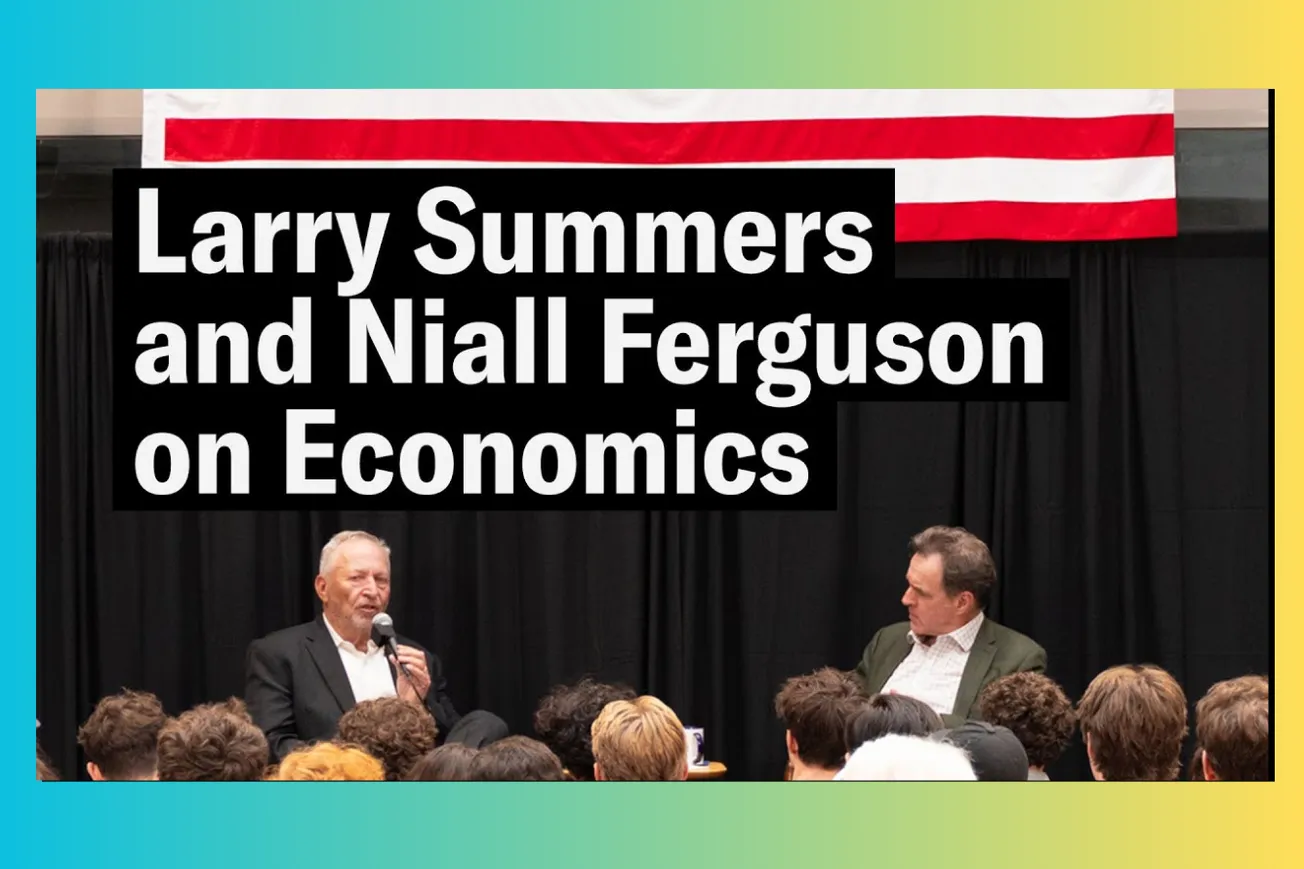Key Takeaways
- Larry Summers defends the economics discipline against claims of decline, highlighting its expanding influence and improving (though imperfect) predictive capabilities.
- Economic models, like the Fed's, are essential tools but require careful judgment and are prone to error if used mechanically or become outdated.
- Proposed broad US tariffs are viewed as detrimental, acting as a self-imposed supply shock likely to increase inflation and unemployment, disrupt supply chains, invite retaliation, and harm US competitiveness, even based on protectionist logic.
- The US faces significant long-term fiscal challenges primarily driven by demographics (aging population), necessitating either benefit cuts or tax increases, with tax enforcement presented as a major untapped revenue source.
- Artificial Intelligence (AI) holds the potential for transformative, industrial-revolution-scale economic growth by boosting productivity, accelerating scientific discovery, and enabling new forms of coordination.
- Managing geopolitical tensions, particularly with China, requires a nuanced approach balancing hedging against potential threats with avoiding provocation, while the effectiveness of economic sanctions (e.g., against Russia) is debatable.
- Concerns about intergenerational fairness regarding social security should consider the expected significant wealth increase for future generations due to technological progress.
- Social innovation and understanding social processes are crucial aspects of social science, potentially yielding impacts as significant as technological breakthroughs.








